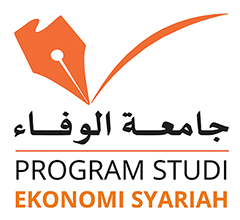The Influence of Life Expectancy and Education Level on the Economic Welfare of Women in Indonesia
Keywords:
Life Expectancy, Average Years of Schooling, Women's Economic Well-Being, Gender Development IndexAbstract
This study investigates the impact of life expectancy and education on women's economic welfare in Indonesia, measured by the Gender Development Index (GDI), using BPS data (2009–2023). Through quantitative analysis and multiple linear regression (SPSS 27), we find life expectancy significantly boosts GDI (coefficient = 8.558, *p* < 0.001), while education exhibits a paradoxical negative effect (coefficient = -11.312, *p* < 0.001), suggesting structural labor market barriers despite educational gains. The model explains 98.3% of GDI variation (R² = 0.983), underscoring its robustness. Aligned with Human Capital Theory and SDGs 5 (gender equality) and 8 (decent work), the results highlight the need for policies that bridge education-to-employment gaps and enhance healthcare access. From an Islamic perspective, the findings resonate with maqasid al-sharia, emphasizing education and health as rights to achieve societal justice. This study contributes to development economics by revealing context-specific disparities in Indonesia’s gender welfare trajectory.

















